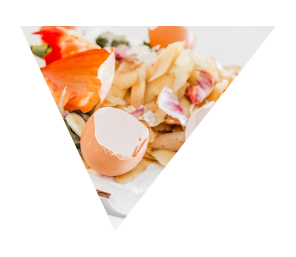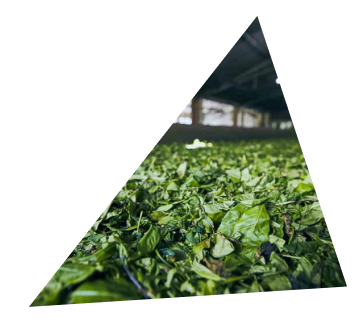
 What is the purpose of functional additives?
What is the purpose of functional additives?
 Better product quality through antioxidants
Better product quality through antioxidants
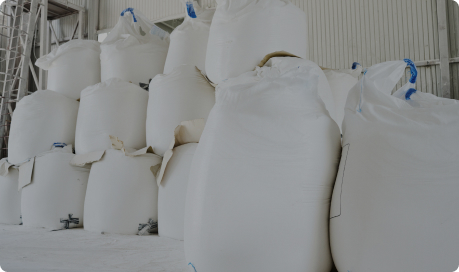 Antioxidants on LEROMA
Antioxidants on LEROMA
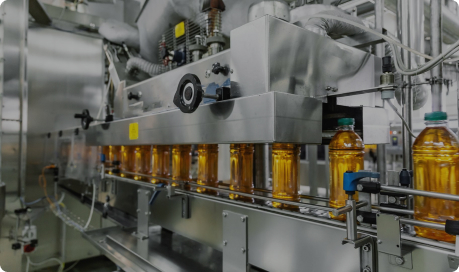 E300 Ascorbic acid / Vitamin C in detail
E300 Ascorbic acid / Vitamin C in detail
 Trends & forcasts of the ascorbic acid market
Trends & forcasts of the ascorbic acid market
 Various applications of E300 ascorbic acid
Various applications of E300 ascorbic acid
Functional additives are substances that are added to a product to
improve certain properties or functional characteristics. These additives are found in a wide variety of products, including food, cosmetics and industrial products. The use of functional additives in the food industry is subject to strict
regulations and standards to ensure food safety and quality. Approved additives are carefully reviewed and must undergo extensive evaluation before they are allowed on the market.
Among the most common functional additives in foods are
stabilizers, which improve product resistance and shelf life.
Emulsifiers stabilize mixtures of oily and aqueous components, such as milk, cream and mayonnaise.
Acidity regulators control the pH of foods to ensure product taste, preservation and safety.
Flavors improve the taste and/or odor of the product, while
preservatives extend the shelf life of the product.
Gelling agents help to achieve the desired consistency of food, while
colorants can improve the appearance of food.

.jpg)
Antioxidants are additives used in foods to
slow or prevent oxidative degradation of fats and other ingredients. Oxidative degradation is triggered by the ingress of oxygen into foods and results in chemical reactions that can lead to spoilage and loss of quality.
Antioxidants help minimize these negative effects by inhibiting or neutralizing the action of oxygen. They can also
preserve and improve the taste, color and texture of foods.
In the food industry, antioxidants play an important role in
maintaining food quality and shelf life. By slowing oxidative degradation, foods can be stored longer without spoiling or losing quality. This
increases food availability and
reduces food waste.
There are many different types of antioxidants used in the food industry. The most common include
vitamin C (ascorbic acid),
vitamin E (tocopherol), gallates (
propyl gallate,
octyl gallate),
butylated hydroxyanisole (BHA) and
butylated hydroxytoluene (BHT). However, the use of antioxidants is not without controversy, as some consumers have concerns about potential health effects. The search for
natural alternatives
to synthetic antioxidants continues.
In food manufacturing, ascorbic acid is often used as an additive to
extend the shelf life of foods and
stabilize the color of foods. Vitamin C is a powerful antioxidant and can prevent foods from oxidizing quickly and losing their color. It is also used to
improve the taste and flavor of foods by
increasing acidity. Another advantage of ascorbic acid is that it is a
natural preservative and therefore an alternative to synthetic preservatives.
.jpg)
Ascorbic acid is also used in the food industry to
improve the texture of foods. It can be used to
lower the pH value of foods, thereby changing the structure of proteins, which in turn affects the texture of foods. An example of this is the use of ascorbic acid in
bread making to stabilize the dough and increase the volume of the bread.
The antioxidant has other functions in the body, including
supporting the immune system, fighting free radicals and promoting collagen formation. Thus, ascorbic acid contributes to health and well-being as an
important nutrient.
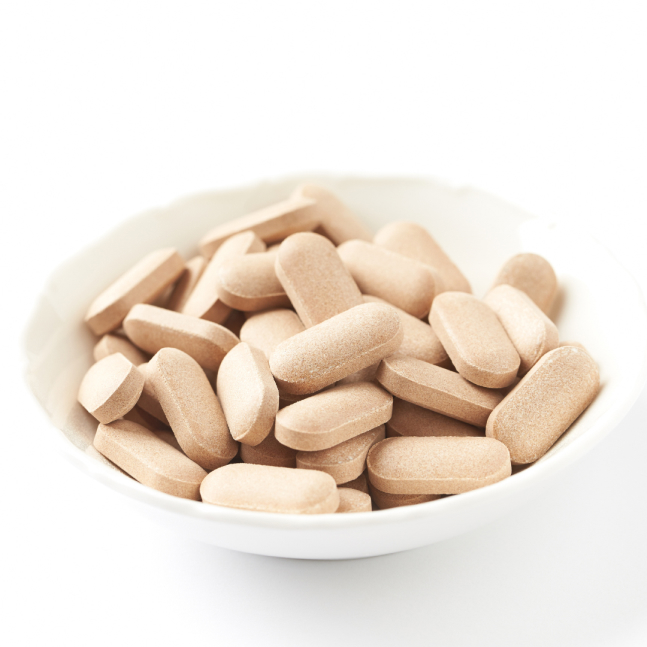
The demand for ascorbic acid has shown a
stable and steady increase in recent years and may continue to do so in the coming years. This is due to growing awareness of the benefits of vitamin C, as well as a
growing trend toward natural health solutions and increasing demand for
dietary supplements. In addition, increasing demand for
processed foods with longer shelf life and freshness is a reason for the growth of the market. This has led to increasing use of natural antioxidants such as
ascorbic acid from natural sources like acerola cherry.
There will continue to be some developments in the future as research and development continues in the field of ascorbic acid. Studies are being conducted to better understand
how ascorbic acid affects the body and how it can best be used to improve health.
Finally, there is also a trend toward developing
new forms and applications of ascorbic acid, such as
microencapsulated ascorbic acid, which allows for
slow release and provides a longer shelf life for products.
Another trend is the use of ascorbic acid in the
meat industry to prevent degradation of meat color and flavor. Thus, ascorbic acid is used in the production of sausage, ham and other meat products.
New applications are also being discovered, such as the use of antioxidants in the
cosmetics industry and in
agriculture.
The main field of application of E300 ascorbic acid is the food and beverage industry. However, its application is not limited to this field.
Pharmaceutical industry: As a component of drugs, vitamin and mineral preparations, vitamin C is used in the pharmaceutical industry to extend shelf life and improve the absorption of iron in the body.
Cosmetics industry: Ascorbic acid can used in skin care products to reduce the appearance of signs of aging.
Agriculture: Vitamin C is also used in
agriculture as a plant fortifier to promote plant growth and increase resistance to diseases and pests.
Animal feed: Another area of application is
animal feed. There, E300 ascorbic acid improves the health of farm animals and promotes growth. It can also help reduce stress in animals, especially during transport and rearing.
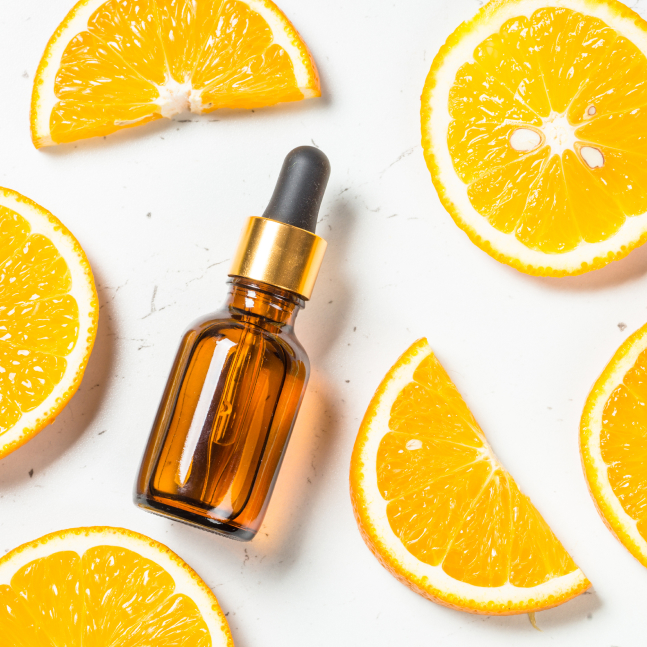
Tobacco industry: As an antioxidant, ascorbic acid is used in tobacco products to prevent oxidation of tobacco components and improve product shelf life.
Photography: Extending shelf life is also important in analog photography. Vitamin C reduces the appearance of color casts and color defects in films and papers.
These are just a few of the many B2B applications of ascorbic acid, and it is likely that demand for vitamin C in these industries will continue to grow in the future. However, it is important that the
quality and purity of vitamin C is carefully monitored and regulated to ensure that it is suitable for these applications.
